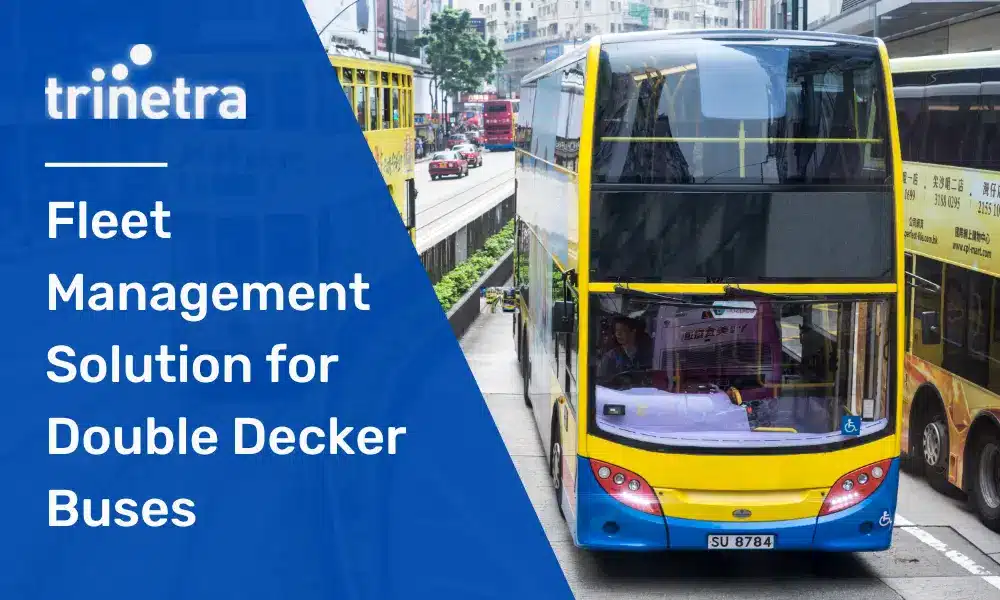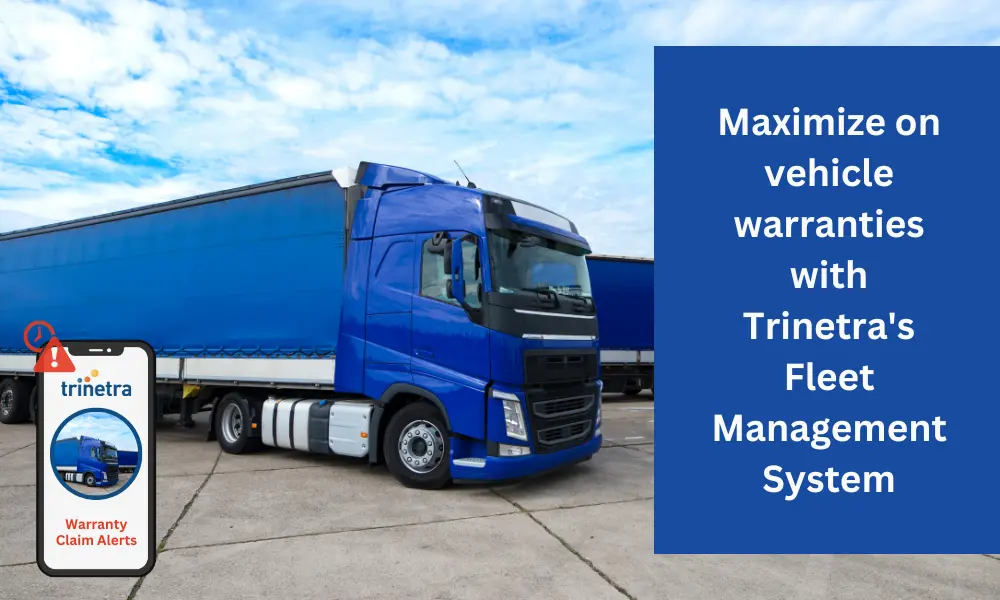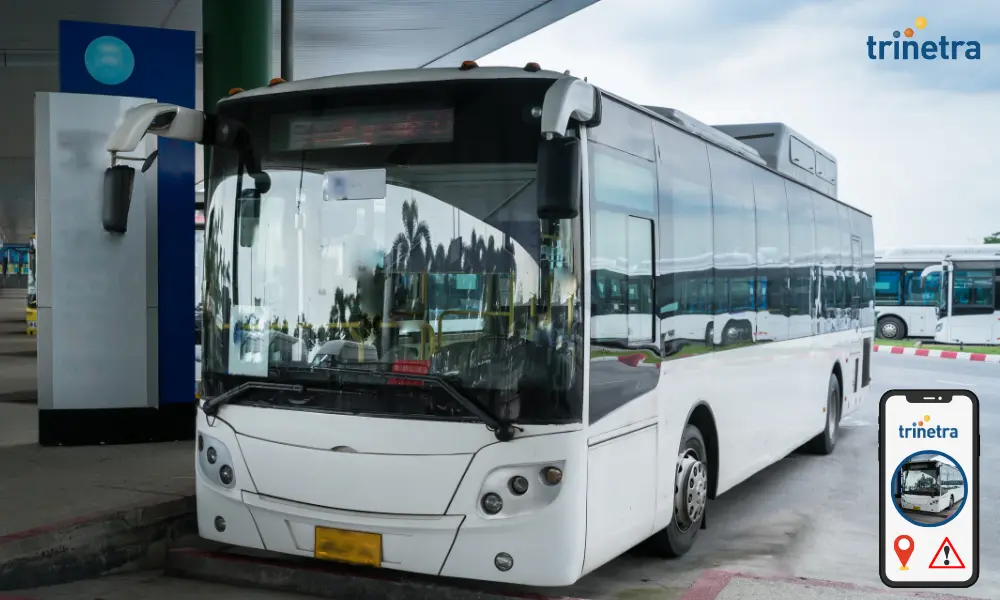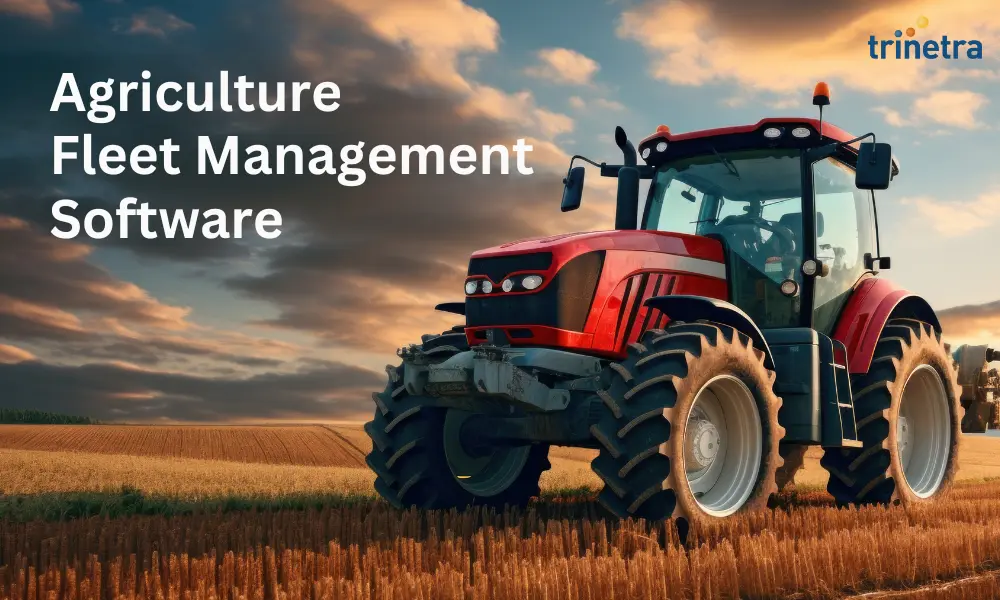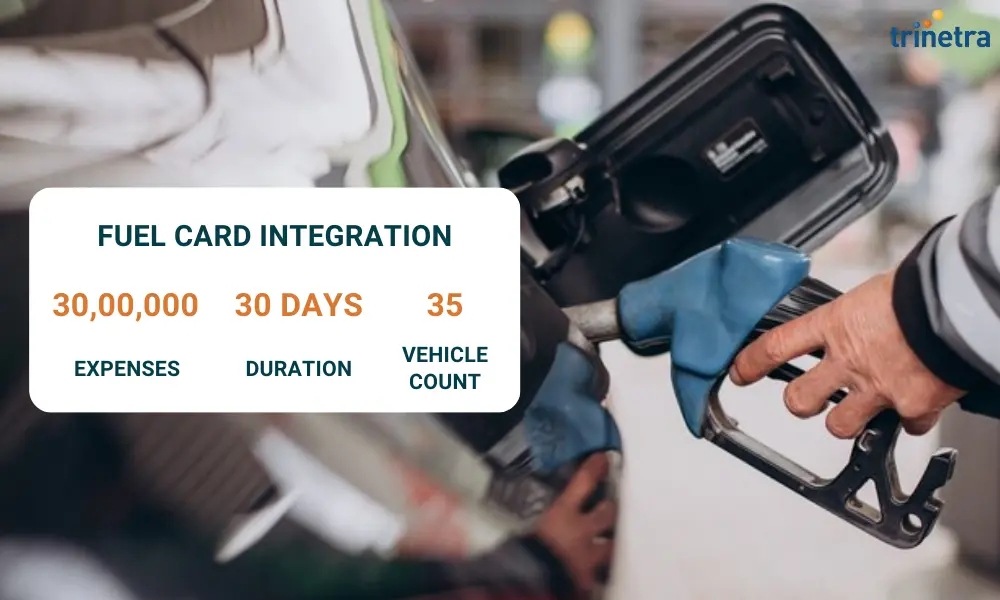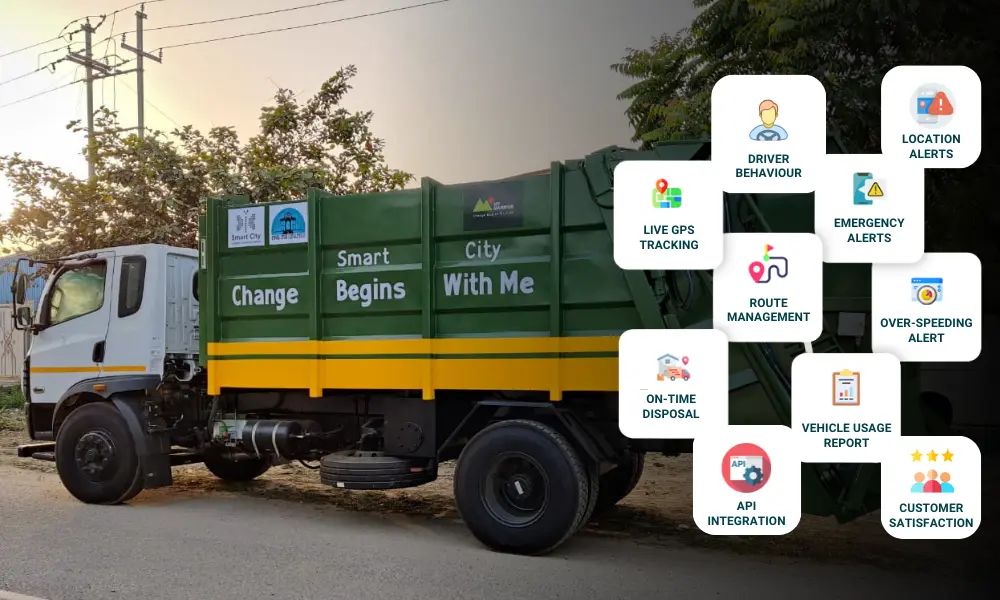We are proud to announce the signing of a Memorandum of Understanding (MoU) with Bosch, a leading global supplier of technology and services. This strategic partnership signifies our commitment to providing our fleet management customers with the most advanced and reliable solutions available.
Through this MoU, Trinetra Wireless gains access to Bosch’s cutting-edge telematics technology and expertise. This will enable us to:
- Enhance Our Fleet Management Software: Integrate Bosch’s industry-leading telematics data into our software platform, providing deeper insights into fleet operations, driver behavior, and vehicle health.
- Develop Innovative Solutions: Collaborate with Bosch to develop next-generation fleet management solutions that address the evolving needs of our customers.
- Expand Service Offerings: Leverage Bosch’s global network to offer our fleet management solutions to a wider range of customers.
This collaboration is a significant step forward for Trinetra Wireless. By combining our expertise in fleet management software with Bosch’s telematics leadership, we are confident in delivering even greater value to our customers.
Benefits for Trinetra Wireless Customers:
- Improved Fleet Efficiency: Gain access to richer data and analytics to optimize routes, reduce fuel consumption, and streamline operations.
- Enhanced Safety: Monitor driver behavior and receive real-time alerts for potential safety risks.
- Reduced Downtime: Proactive vehicle health monitoring can help prevent breakdowns and ensure your fleet is always on the road.
- Future-proofed Solutions: Be at the forefront of telematics innovation with access to Bosch’s cutting-edge technology.
We are thrilled to begin this partnership with Bosch and unleash the full potential of telematics for our fleet management customers. We are grateful to Bosch for listing our product on the BOSCH L.OS platform.



